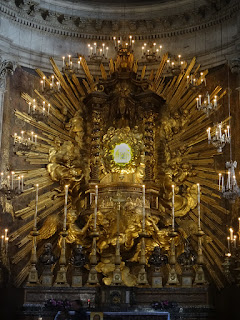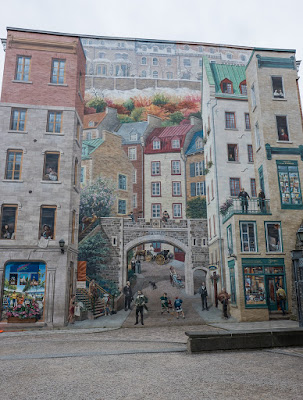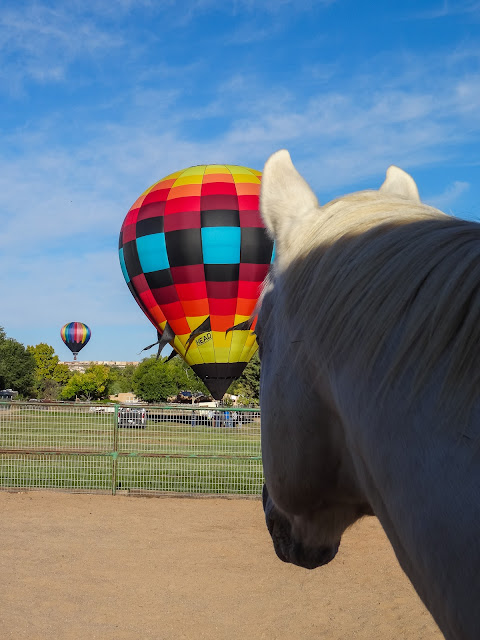Domenica
Having no goals allows you to take it easier and see things
with a unique perspective. That was our Sunday. After having the pleasure of
doing the DST conversion a second time,
we went for coffee to our new favorite place and chatted with Cesare for a bit
about why he was closed yesterday. “I went to the beach” was his answer. That
plus some worry about the demonstrations, that in the end turned out to be misplaced.
They never materialized.
Cesare is a hustler, and it was no surprise when he cajoled
a group of 20 or so Israelis into the restaurant. They chose to surround us
which put an instant end to our relaxing. So “bottoms up” and out of there.
It’s not entirely true that we had no goal, rather we had a
diffuse, not critical goal of visiting the Trastevere district on the other
side of the Tiber. Settled in Etruscan times originally and occupied throughout
the Republican period (even at one point when the Vandals cut the aqueduct) the
area has figured prominently in the history of Rome. Today is a shady laid-back
part of the city popular with expats and families. I knew we were in for
an experience when we stepped up on the bridge and encountered a Japanese man
wearing a sombrero while playing an accordion and selling little clay folk art
figurines from Mexico. An auspicious omen if ever there was one.
And once across the bridge, we could see why it has this
reputation - quiet streets, fewer tourists, easier to get around, it reminded
me of crossing from old town Sevilla over to Triana. Less pressure from sites,
restaurants and rolling suitcases.
There are many churches in the district and we tried to hit
all the majors. Built starting in the 4th century, the cemented Trastevere’s
place in the history of the spread of Christianity across the empire. Each was different;
some ornate, some simple. In several cases Sunday services were going on which
made our visit short and respectful. All were worthy of being found.
Heading back to the busier side of the river, we made it a
point to cross via the only island in the Tiber here in Rome, the Isola
Tiberina. You cross over an ancient Roman bridge and you get a pleasant view of
some rapids formed by a bend in the river. You can also see the remains of the
Ponte Rotto “the broken bridge.” Built originally in 142 BC it collapsed so
many times that the city finally abandoned it in 1598. Today a half-dozen
soccer balls were trapped in the flume, bobbing up and down.
The Tiber has paved paths on both sides, but they are not
particularly inviting to the eye. It’s a bit sad that the city this wonderful
resource flowing through the center that is just not maintained the way it deserves.
Trash, weeds, graffiti – they add up to diminish the natural splendor and
appeal. When I think of the linear riverside parks in Madrid, Sevilla,
Valencia, and even Paris it’s unfortunate that this one is not treated with the
same respect. I don’t know whether a matter of finances, or the attitude of
just not caring. Whatever the problem, it’s a shame.
The crossing point is not far from the edge of the old
Imperial Forum and by way of location, there are the remains of the 15,000 seat
Teatro di Marcello. Built in 13 BC it was the focal point of Roman public
culture. Sitting on top of the original structure is a palace built in the 14th
century by the Savelli family, portions of which are still used today. Off to
its side is the Portico d’Ottavia, the remains of a temple built by Augustus in
23 BC and dedicated to his sister.
One last lunch al portar da via from our new favorite pizza
place around the corner, Al Forno. Today a slice of prosciutto and mozzarella
and one of cilantro and mushrooms. Wonderful!


















Comments